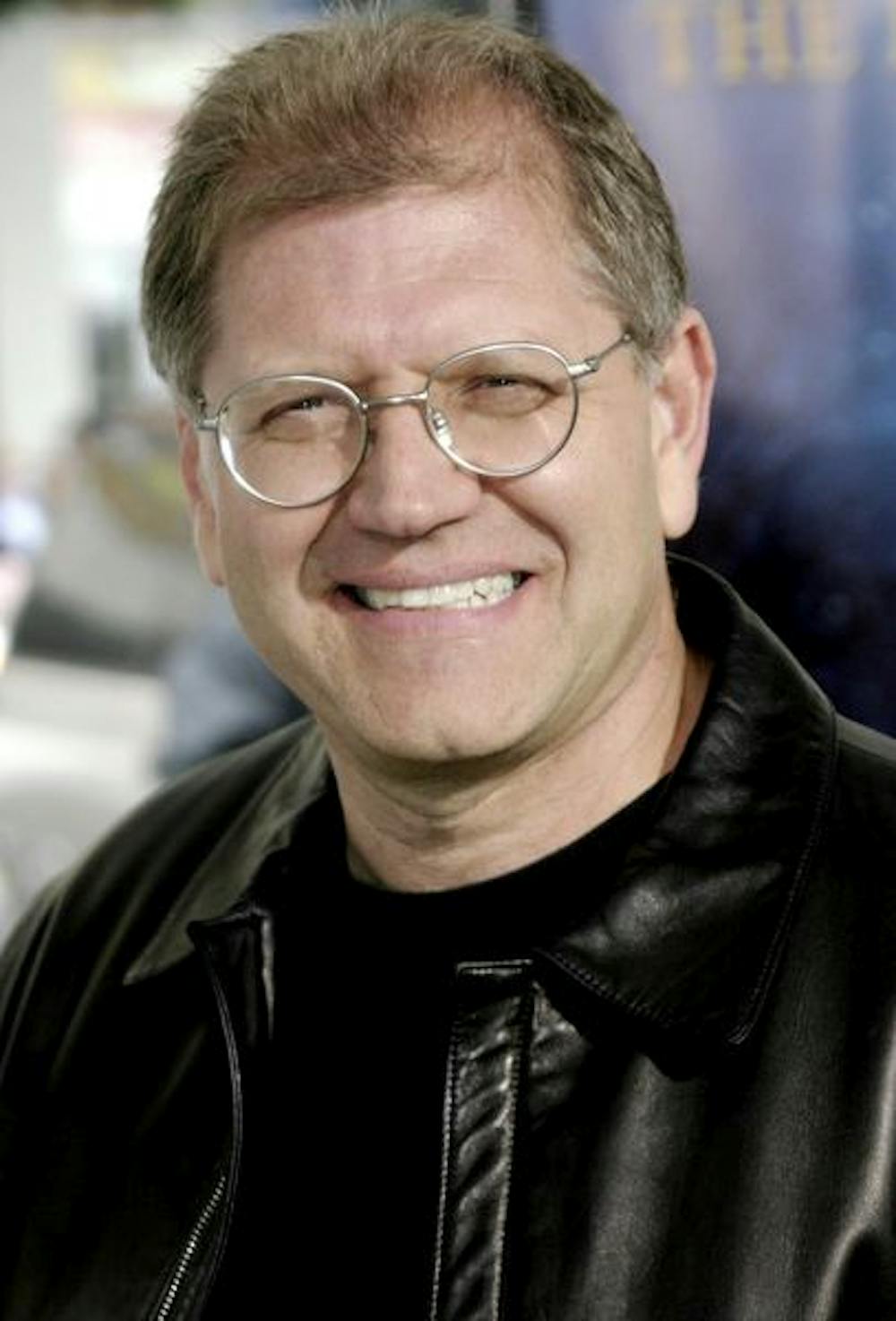Street: What attracted you to the project, considering it had been a while since you’d done a live action film? Robert Zemeckis: I love the complexity of the character, the moral ambiguity of everything––I thought it was a really bold, clever unique piece that I hadn’t read in a really, really long time.
Street: Were you heavily involved in Denzel Washington’s preparation or do you have actors work on their own more? RZ: It’s about having actors sit around a table just like this having a discussion in detail about every question you can think of about the character––deconstructing the character, and starting with large issues and getting down to specific things like what color socks he’s gonna wear. So when you get on set, there aren’t any surprises.
Street: Were the cinematic influences in the film 70s–inspired, such as the music choices and production design? RZ: The music grew out of the John Goodman character. I think the thing that harkens back to the 70s more than anything is this idea of having an antihero, which you don’t see much these days.
Street: You’ve spent the last couple of years doing animation with special effects performance capture. How did that influence filming “Flight”? RZ: When you do performance capture, it’s like a black box theater. You work with the actors, doing scenes from beginning to end, so performance capture is working much more intensely with performers than dealing with special effects. That prepared me for working with this cast.
Street: Whip is a functioning addict in the film. What it hard to not turn him into a clichéd addict, as he’s different than what we usually see? RZ: I was aware of that, so I saw the character not as an addict, but I approached his substance abuse as a symptom of a bigger problem: he’s emotionally bankrupt and has no relationship with any other humans except for his drug dealer.
Street: What was specifically challenging about making this film? RZ: It was difficult at times and time–consuming. The whole film was shot in 45 days, but other than that it was pretty straightforward. It wasn’t daunting in any unexpected ways. [Our limited budget] forced us to be creative and put as much flair and style as possible into the scenes you can’t spend a lot of money on.
Street: The film’s trailer developed a lot of buzz. How involved were you with marketing considering a growing emphasis on creating an exciting trailer before the film’s release? RZ: Trailers and TV spots are an art form I don’t really understand. I see them and would have done them differently, but then I don’t really know how to do that kind of thing. They had a very specific philosophy in marketing about what they wanted to do with the movie. The one thing they didn’t want to do was lay the whole story out, and you can understand why that happens. They’re trying to hard sell most people who aren’t film enthusiasts. They test these things, too.

